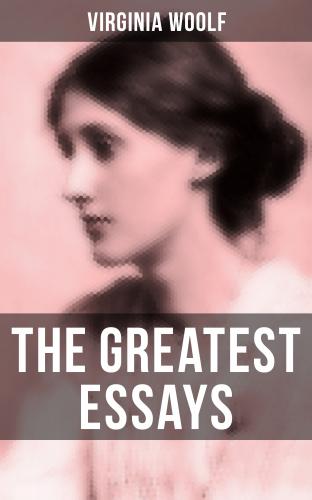so that to misrepresent it is the one outrage not to be forgiven this side of the grave. He must make us feel that a single crocus, if it be a real crocus, is enough for him; that he does not want to be lectured, elevated, instructed, or improved; that he is sorry that he bullied Carlyle into vociferation, Tennyson into idyllics, and Ruskin into insanity; that he is now ready to efface himself or assert himself as his writers require; that he is bound to them by a more than maternal tie; that they are twins indeed, one dying if the other dies, one flourishing if the other flourishes; that the fate of literature depends upon their happy alliance—all of which proves, as we began by saying, that the choice of a patron is of the highest importance. But how to choose rightly? How to write well? Those are the questions.
